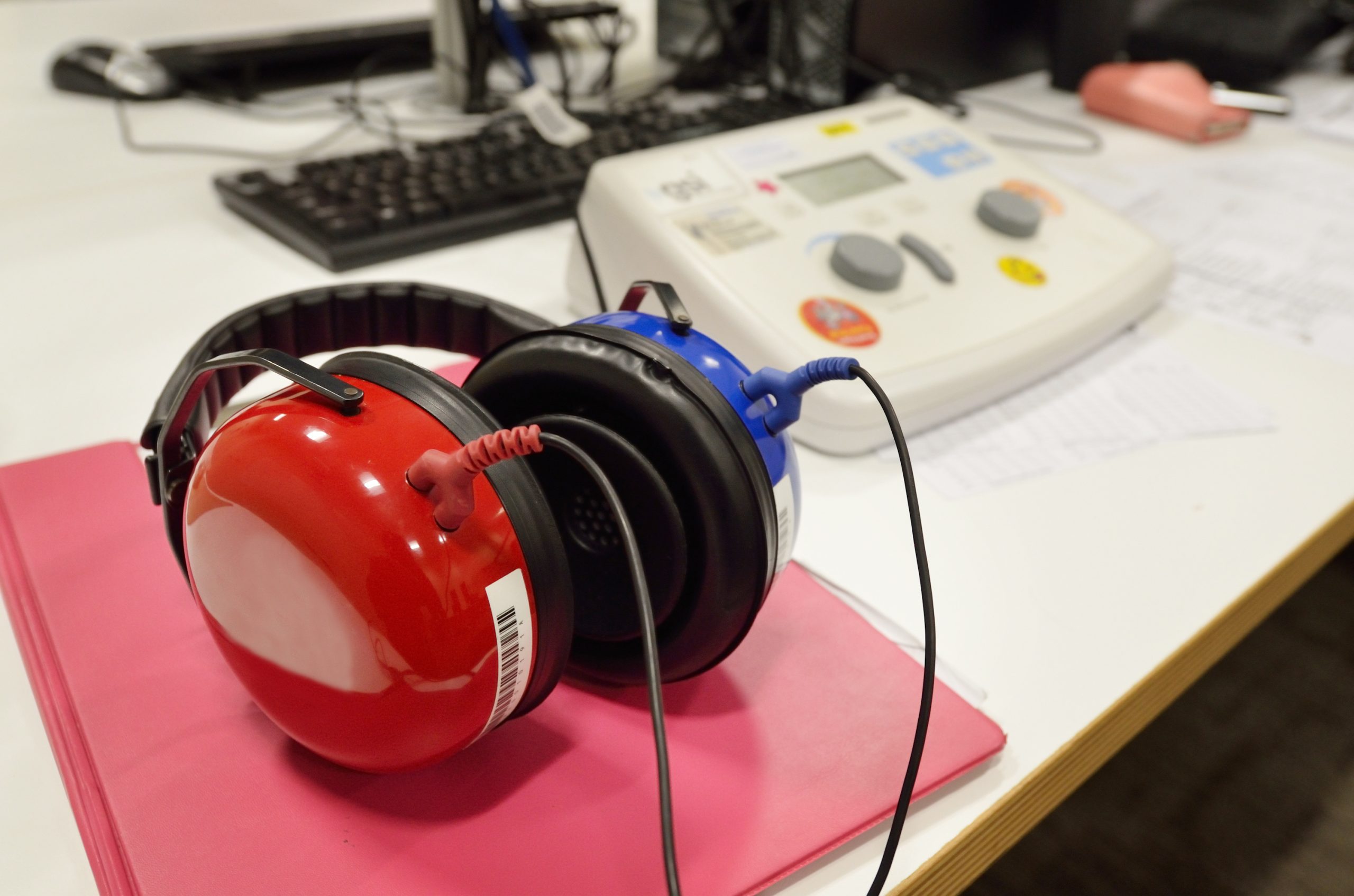Frequently Asked Questions
You might need a hearing test if you notice signs of hearing loss, such as difficulty understanding conversations, especially in noisy environments, or if you frequently ask others to repeat themselves or speak more loudly. It’s also advised if you experience tinnitus, which is a ringing or buzzing sound in the ears, as this can be a symptom of hearing damage. Hearing tests are important for those with a family history of hearing loss, as genetics can play a role in your auditory health. Additionally, if you’ve had prolonged exposure to loud noises, either through your environment or occupation, it’s prudent to get your hearing assessed. Aging is another factor, as hearing often deteriorates over time, making regular hearing tests advisable as you age. Certain medical conditions, including diabetes, cardiovascular diseases, or autoimmune disorders, can also affect your hearing, necessitating periodic testing. If you’re experiencing any form of ear-related symptoms, such as ear pain, dizziness, or a feeling of fullness in the ears, a hearing test can help diagnose the underlying issue. Lastly, regular hearing checks are an excellent preventative health measure, ensuring that any potential problems are detected and addressed early.
Preventing future hearing loss involves a combination of proactive measures and lifestyle changes:


Hearing Assessments

As hearing experts, we provide comprehensive testing and work with ENT specialists to ensure the care of your hearing health.
South Edmonton: 780-809-1349
St. Albert: 780-590-1349